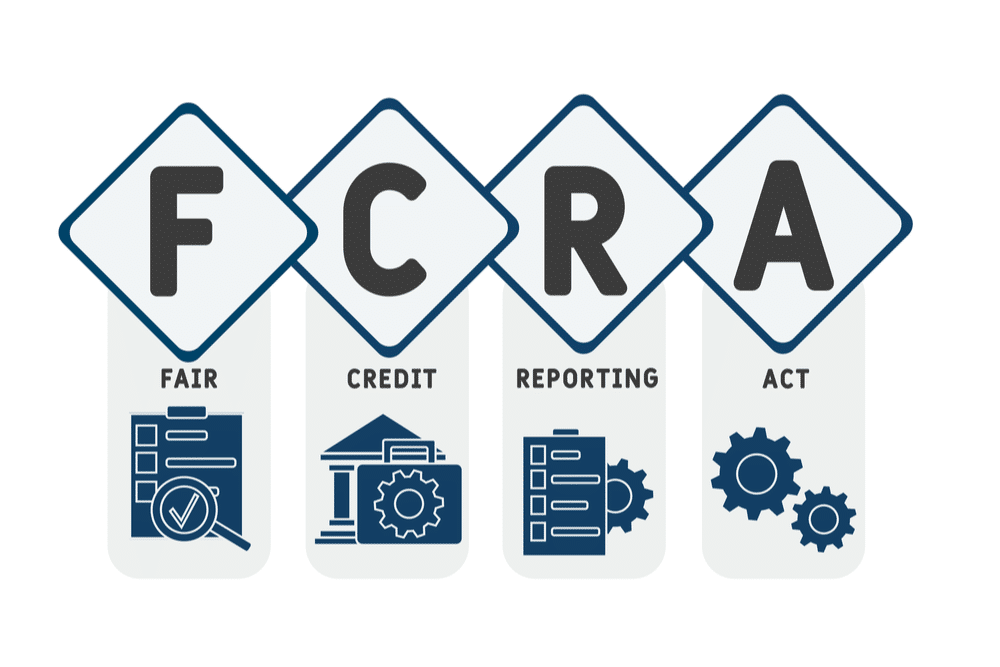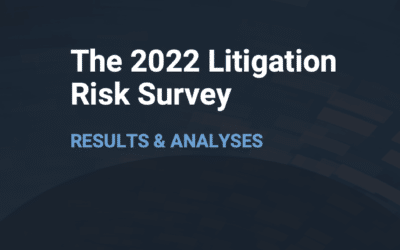It has been well documented that the Supreme Court’s June 25, 2021, opinion in TransUnion LLC v. Ramirez further limits the ability of plaintiffs to bring lawsuits in federal court based on technical statutory violations. Indeed, to establish federal court standing, a plaintiff must have personally suffered “concrete harm.” Given this new barrier to entry, one of TransUnion’s unintended results could be plaintiffs choosing to file class actions in state court and defendants losing the ability to remove them. Justice Thomas’ dissent predicts just this.
On What Basis Did Justice Thomas Dissent?
Justice Thomas’ dissent argued that the majority was improperly substituting its own judgment that TransUnion’s violations of the Fair Credit Reporting Act were too “insignificant” to merit court action over “Congress’ judgment that such misdeeds deserve redress.” He pointed out that “never before has this Court declared that legislatures are constitutionally precluded from creating legal rights enforceable in federal court if those rights deviate too far from their common-law roots.”
Justice Thomas’ Footnote 9
In an interesting footnote, Justice Thomas discussed the potential unintended consequence of TransUnion. Writing about future cases involving technical statutory violations, he surmised:
Today’s decision might actually be a pyrrhic victory for TransUnion [and other defendants]. The Court does not prohibit Congress from creating statutory rights for consumers; it simply holds that federal courts lack jurisdiction to hear some of these cases. That combination may leave state courts—which “are not bound by the limitations of a case or controversy or other federal rules of justiciability even when they address issues of federal law,” ASARCO Inc. v. Kadish (1989)—as the sole forum for such cases, with defendants unable to seek removal to federal court. See also Bennett, The Paradox of Exclusive State-Court Jurisdiction Over Federal Claims (2021). By declaring that federal courts lack jurisdiction, the Court has thus ensured that state courts will exercise exclusive jurisdiction over these sorts of class actions.
Even before TransUnion, the Court’s decision on standing in Spokeo was already having the impact described by Justice Thomas. For example, in Thornley v. Clearview AI, Inc. (7th Cir. 2021), the plaintiff filed a class action in Illinois state court alleging a single violation of Illinois’ Biometric Information Privacy Act. The plaintiff’s complaint was clear: no class member “suffered any injury as a result of the violations … of BIPA other than the statutory aggrievement alleged[.]” Defendant removed the case to federal court, which eventually remanded. The Seventh Circuit affirmed the district court’s decision to remand:
Our job is to decide whether Thornley and her co-plaintiffs have Article III standing to pursue the case they have presented in their complaint. We have concluded that they do not: they have described only a general, regulatory violation, not something that is particularized to them and concrete. It is no secret to anyone that they took care in their allegations, and especially in the scope of the proposed class they would like to represent, to steer clear of federal court. But in general, plaintiffs may do this…. Outside of the clumsily named area of “complete pre-emption,” they may choose to rely exclusively on state law and avoid federal-question jurisdiction. And here, they may take advantage of the fact that Illinois permits BIPA cases that allege bare statutory violations, without any further need to allege or show injury. […]]
We hold only that on the basis of the allegations of this complaint, the district court correctly decided that Thornley and the other plaintiffs did not present a case that lies within the boundaries set by Article III, and so the court properly remanded the case to the state court.
As Justice Thomas has pointed out, the decision in TransUnion further limits the reach of federal courts over class actions involving technical statutory violations without concomitant “concrete harm.” In light of cases like Thornley, Spokeo, and TransUnion, there is no question that the plaintiffs’ bar will adjust by filing more cases in state court. The only difference now? Due to the “pyrrhic victory” of TransUnion, defendants’ ability to obtain removal will likely be curtailed.
***
Are you looking to resolve a class action on a claims-made basis? If so, contact us to learn how we can help you to mitigate, cap, and transfer the financial risk of settlements in existing class action litigation.







